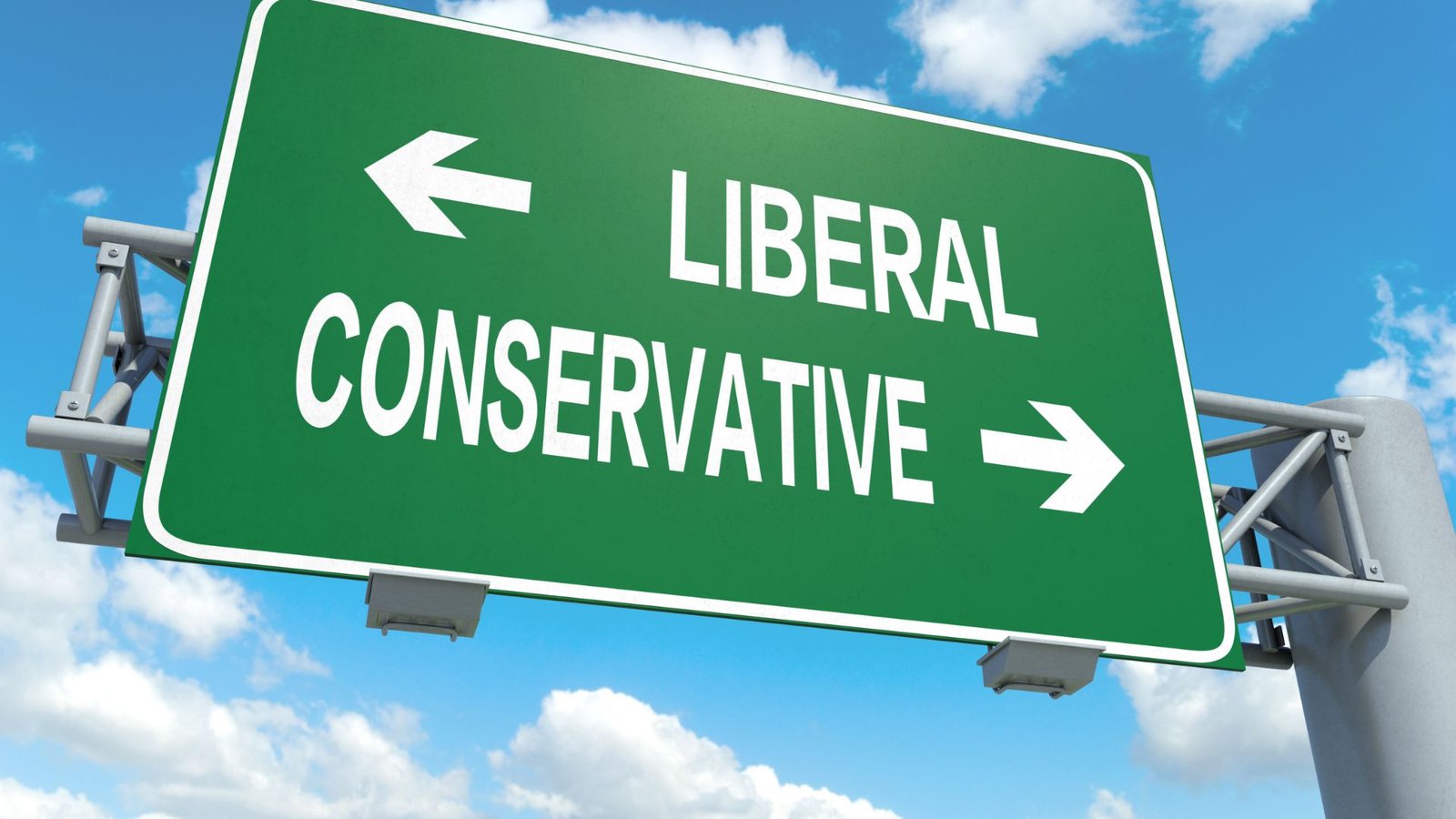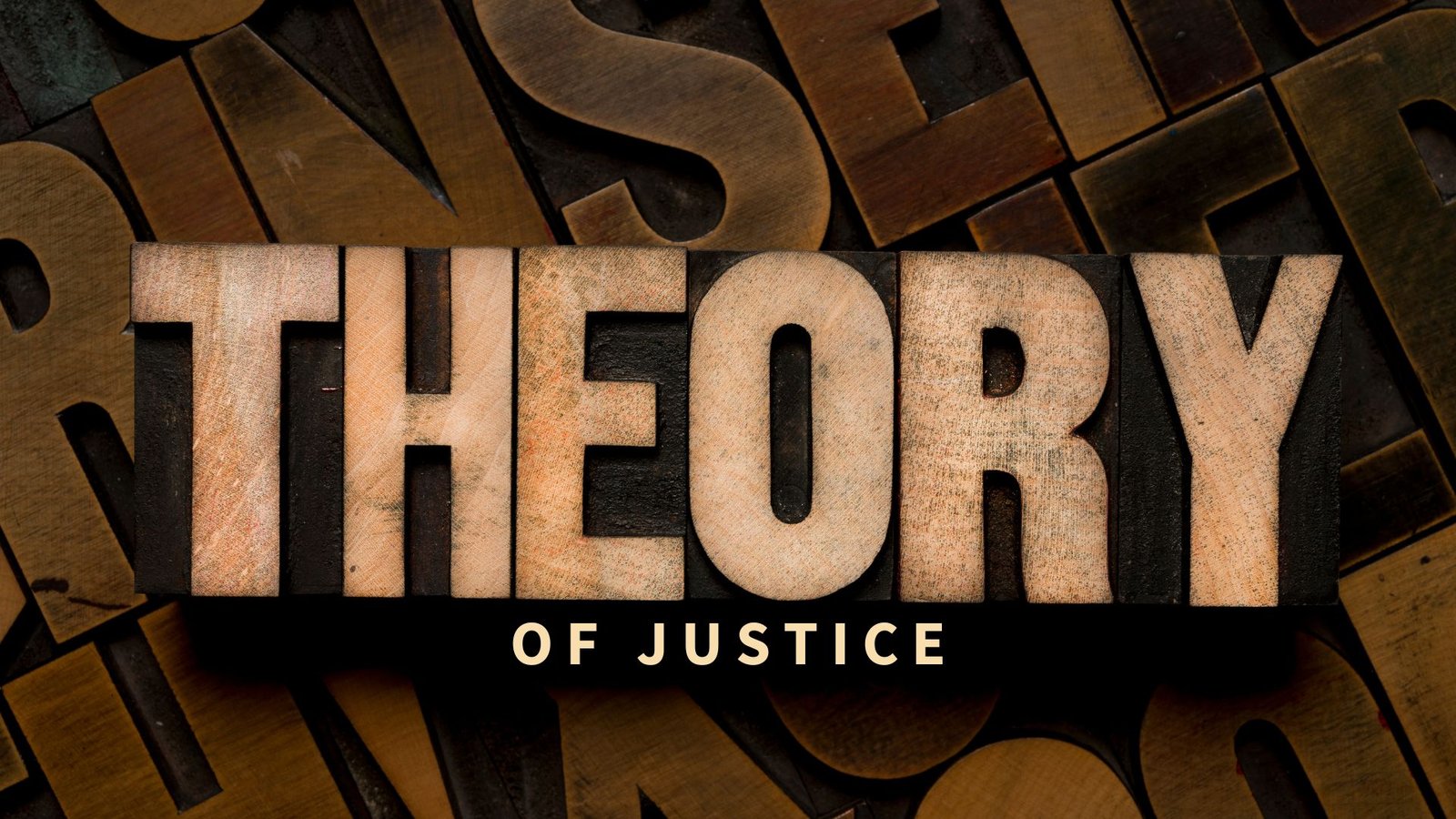On this page you will read detailed information about Differences Between Liberal vs Conservative.
As you consider key differences between liberal and conservative political thought, reflecting on the underlying principles that shape each ideology can provide insight. Examining factors like views on the role of government, positions on social issues, perspectives on economic policy and taxation, attitudes toward regulation and reform, and approaches to foreign policy and national security can illuminate contrasts. Reviewing philosophical foundations and historical origins provides context. An open and thoughtful analysis of divergent liberal and conservative perspectives allows one to gain nuanced understanding of the political landscape. Moving forward with curiosity and compassion enables constructive discourse.
Defining Liberal vs Conservative
Liberals and conservatives differ in their political ideologies and policy positions. As a broad categorization:
Liberals typically:
-Support more government spending on social programs like universal healthcare, education, and welfare -Promote progressive social values like diversity, inclusion, and equality -Advocate for more restrictive gun laws and environmental regulations -Believe government intervention is necessary to promote social justice and protect civil liberties
Conservatives typically:
- Support lower taxes, limited government regulation on business, and free market capitalism
- Promote traditional social values and roles
- Support gun rights and fewer business and environmental regulations
- Believe in personal responsibility and that less government intervention maximizes freedom
Of course, not all liberals or conservatives fit neatly into these categorizations. There is diversity of thought within each political ideology. However, in general, liberal policies aim to use government action to further social and economic equality, while conservative policies aim to limit government intervention in favor of free markets and traditional values.
Understanding the differences between liberal and conservative political ideologies is important for productive debate and finding common ground. Compromise requires recognizing each side’s principles and priorities. Though liberals and conservatives differ in their views of government’s role, there are opportunities for agreement on specific policies that balance both social justice and economic freedom. An open and thoughtful discussion of political issues can help move past partisan divides.
Differences in Economic Policy
Liberals and conservatives differ greatly in their economic philosophies and policies.
Liberals generally believe in government intervention to promote social and economic equality. They support progressive taxation, meaning higher tax rates for the wealthy, and government spending on social programs like universal healthcare, education, and unemployment benefits. Liberals argue this provides economic opportunity and security for more citizens.
In the previous post, we had shared information about John Rawls Theory of Justice: A Philosophical Examination, so read that post also.
In contrast, conservatives typically support free market capitalism with minimal government regulation. They believe in lower taxes for all, especially businesses and the wealthy, in order to encourage investment and economic growth. Conservatives argue that lower taxes and less government spending allows the free market to operate more efficiently, benefiting society as a whole through competition and innovation.
When it comes to trade policy, liberals often support fair trade deals that protect workers and the environment. Conservatives typically promote free trade agreements that open markets and maximize economic activity between countries. Regarding the role of labor unions, liberals tend to be more supportive while conservatives are frequently opposed as they believe unions distort free market dynamics.
In summary, liberals advocate for more government intervention through social programs and progressive policies aimed at promoting equality, while conservatives support free market principles of lower regulation, lower taxes, and minimal government involvement for the benefit of overall economic prosperity. There are merits to both philosophies, with reasonable arguments on each side of the political spectrum. Achieving the right balance between government and free market forces is an ongoing challenge.
Contrasting Social Values
Liberals and conservatives differ in their views on certain social values and the role of government in promoting these values.
Equality and Welfare
Liberals generally support government programs aimed at promoting social and economic equality, as well as welfare programs to assist disadvantaged groups. They believe government should play an active role in providing essential services and helping those in need. Conservatives are more likely to believe in individual responsibility and limited government involvement. They support equal opportunity but believe individuals are primarily responsible for their own welfare and economic mobility.
Traditional Values
Conservatives typically support traditional social institutions and values like family, faith, and community. They believe government should uphold and promote traditional moral values. In contrast, liberals usually support more progressive social values, like expanded rights for women and LGBTQ groups. They believe individuals should have autonomy over their own lives and relationships as long as they do not harm others.
Diversity and Multiculturalism
Liberals typically celebrate diversity and support government promotion of multiculturalism and inclusion of marginalized groups. Conservatives are more likely to emphasize assimilation to dominant cultural values and national identity. They believe excessive accommodation of diversity can undermine social cohesion.
Gun Rights and Regulations
Conservatives strongly support gun rights and oppose most restrictions on gun ownership. They believe individuals have the right to own firearms for sport, collection, and self-defense. Liberals are more likely to support various forms of gun control legislation, like background checks, assault weapons bans, and limits on high-capacity magazines. They believe reasonable restrictions can balance gun rights with public safety.
In summary, liberals and conservatives have some fundamentally opposing views on social values and the role of government in promoting a just, equitable, and cohesive society. Finding common ground and compromise on these complex issues continues to be an ongoing challenge.
Approaches to Role of Government
Liberals and conservatives differ significantly in their views on the role and scope of government.
Liberal View
Liberals believe government should play an active role in regulating the economy and promoting social justice and equality. They support government intervention to promote civil rights, provide social services like universal healthcare and education, protect the environment, and regulate business and Wall Street. Liberals advocate for a larger government to accomplish these goals.
Conservative View
Conservatives believe in limited government intervention in the economy and society. They support free markets, gun rights, restrictions on immigration and abortion, and traditional values. Conservatives argue for smaller government, lower taxes, less regulation of business and the economy. They believe individuals and private organizations should be responsible for many of the roles liberals assign to government.
Government has a role to play in regulating the market and protecting citizens, but its power should be circumscribed. Conservatives support free trade, private property rights, gun rights, restrictions on immigration and abortion, and traditional values. They believe in personal responsibility over government handouts and that government closest to the people governs best.
In summary, liberals support an active government to promote social justice and equality, while conservatives believe in limited government intervention to enable free markets and personal liberty. The role of government remains one of the central dividing issues between liberal and conservative thought.
Foreign Policy Perspectives
Liberals and conservatives often differ in their views on foreign policy and America’s role on the global stage.
Liberals support multilateralism and diplomacy.
Liberals believe that cooperation and alliances with other nations are the best paths to peace and global stability. They support multinational organizations and agreements such as the United Nations, NATO, and the Iran nuclear deal. Liberals think that open communication and diplomacy can resolve conflicts, so they favor diplomatic engagement over military intervention. They believe that America should work within international laws and norms.
Conservatives support military strength and nationalism.
In contrast, conservatives believe that military strength and nationalism are the keys to America’s security and influence on the global stage. They prefer to act unilaterally to protect America’s interests rather than relying on multinational cooperation. Conservatives think that America should project military force abroad to counter security threats and support allies. They believe that America’s interests should come before international laws and norms. Conservatives criticize liberals as being too willing to cede authority to global institutions that undermine American sovereignty.
- Liberals believe in cooperative globalism; conservatives believe in assertive nationalism.
- Liberals support diplomacy and alliances; conservatives support military intervention.
- Liberals think global interests align with America’s; conservatives put America’s interests first.
In summary, while liberals and conservatives share the goal of a secure and prosperous America, they differ substantially in their views on how America should engage with the global community and use its power on the world stage. Perspectives on foreign policy continue to be a source of lively debate between the left and the right.
Views on Social Reform
Liberals and conservatives differ significantly in their views on social reform and addressing societal inequities. Liberals generally believe that societal institutions and government policies should aim to promote social justice and equal opportunity. They support progressive reforms to address inequalities and help disadvantaged groups.
Conservatives typically believe that free markets and limited government intervention maximize prosperity and freedom. They argue that individuals are primarily responsible for their own outcomes and that equal opportunity already exists. Conservatives see progressive reforms as unnecessary government overreach that hinders free markets and individual liberty.
Equality of Opportunity
Liberals advocate for government policies like affirmative action, expanded access to healthcare and education, and a strong social safety net to promote equal opportunity. They believe unequal starting points prevent fair competition and that government intervention is necessary to counter discrimination. Conservatives argue that these policies are unfair, discourage individual responsibility, and go against principles of meritocracy. They believe that equal opportunity already exists and outcomes should depend on individual effort and talent rather than government intervention.
Role of Government
Liberals believe government policy should aim to achieve social justice and fairness. They support a larger welfare state and government programs to help disadvantaged groups. Conservatives argue for limited government, believing free markets and civil society are better suited to address social problems. They see government intervention as inefficient, and believe welfare programs discourage work and personal responsibility.
Addressing Discrimination
Liberals believe that more needs to be done to counter discrimination and systemic barriers facing marginalized groups. They support policies like hate speech laws, public campaigns to promote diversity and inclusion, and mandatory sensitivity training. Conservatives argue that existing laws already prohibit discrimination. They believe free speech should be protected and see many diversity and inclusion initiatives as unnecessary or as unfairly targeting majority groups.
In conclusion, liberals and conservatives differ significantly in their diagnosis of societal problems and support for progressive reforms and government intervention to promote social justice and equality. Their views reflect deeper differences in beliefs about human nature, personal responsibility, and the proper role of government.
Positions on Social Issues
As political ideologies, liberalism and conservatism differ significantly in their positions on various social issues.
Equality and Civil Rights
Liberals generally support progressive policies promoting equal rights and opportunities regardless of gender, sexual orientation, ethnicity or disability status. They believe that providing legal protections and policy reforms can remedy systemic discrimination and marginalization in society. Conservatives typically believe that equal opportunity already exists, and that differences in outcomes are primarily due to individual choices and responsibilities. They argue that progressive policies often go too far, creating reverse discrimination.
Gun Rights and Control
Liberals typically support increased restrictions on gun ownership and more extensive background checks to curb violence, while conservatives argue that individuals have a constitutional right to bear arms for self-defense and that “gun-free” zones make people less safe. Conservatives believe that “guns don’t kill people, people kill people”, so gun ownership itself is not the problem.
Abortion and Women’s Health
Liberals believe women have a fundamental right to control their own reproductive health and support access to safe and legal abortion. Conservatives believe that abortion ends an innocent human life, so most support restricting or banning abortion except when the woman’s life is at risk. Some conservatives argue contraceptives also violate religious freedom or encourage premarital sex.
Welfare and Wealth Redistribution
Liberals support government programs aimed at assisting disadvantaged groups and promoting wealth redistribution through progressive taxation. Conservatives believe that individuals are primarily responsible for their own financial situation, and that excessive government welfare undermines personal responsibility and economic growth. They argue for lower taxes and less government intervention.
In summary, while people of good faith may disagree on these complex issues, understanding different ideological positions can help facilitate more productive discussions and find common ground. Compromise and balance seem most likely to lead to equitable and compassionate solutions.
Impacts on Political Parties
Liberals and conservatives hold different views on the role and scope of government, which directly impacts the policies and platforms of political parties. Generally, liberal policies support government intervention to promote social and economic equality, while conservative policies aim to limit government involvement and promote free markets.
The Democratic Party
The Democratic Party typically promotes liberal policies that expand the role of government to fund social programs and regulate business. Democrats believe government intervention is necessary to promote equality and help those in need. Key policies include:
- Expanding access to healthcare and education
- Increasing environmental regulations and promoting sustainability
- Raising taxes on the wealthy and corporations to fund social programs
- Expanding workers’ rights and protections
- Promoting progressive social values like diversity, inclusion and equality
The Republican Party
In contrast, the Republican Party promotes conservative policies that limit government involvement in the economy and advocate free market capitalism. Republicans believe limiting government intervention and lowering taxes spurs business growth and economic freedom. Key policies include:
- Lowering taxes, especially for corporations and high-income individuals
- Reducing government regulations on businesses
- Cutting government spending on social programs like healthcare and education
- Expanding gun rights and limiting access to abortion
- Limiting immigration and strengthening border security
- Promoting traditional social and family values
In summary, the core beliefs that define liberals and conservatives translate directly into the policy positions and priorities of the Democratic and Republican parties. Voters choose candidates from the party that most closely aligns with their ideological values and vision for the role of government.
Conclusion
As we have seen, while liberals and conservatives share some common ground in areas like economic policy and national security, they tend to differ fundamentally on their views of the role of government, social policy, and fiscal approaches. Though the differences between left and right may seem intractable at times, maintaining an open and thoughtful dialogue between both sides remains crucial for the health of our democracy. Only by striving to understand each other’s reasoning and values can we find common purpose again. Though you may feel strongly about your own political leanings, be wary of vilifying those you disagree with. We are all citizens working toward a better country in our own way.
Disclaimer
The information and services on this website are not intended to and shall not be used as legal advice. You should consult a Legal Professional for any legal or solicited advice. While we have good faith and our own independent research to every information listed on the website and do our best to ensure that the data provided is accurate. However, we do not guarantee the information provided is accurate and make no representation or warranty of any kind, express or implied, regarding the accuracy, adequacy, validity, reliability, availability, or completeness of any information on the Site. UNDER NO CIRCUMSTANCES SHALL WE HAVE ANY LIABILITY TO YOU FOR ANY LOSS OR DAMAGE OF ANY KIND INCURRED AS A RESULT OR RELIANCE ON ANY INFORMATION PROVIDED ON THE SITE. YOUR USE OF THE SITE AND YOUR RELIANCE ON ANY INFORMATION ON THE SITE IS SOLELY AT YOUR OWN RISK. Comments on this website are the sole responsibility of their writers so the accuracy, completeness, veracity, honesty, factuality and politeness of comments are not guaranteed.
So friends, today we talked about Differences Between Liberal vs Conservative, hope you liked our post.
If you liked the information about Differences Between Liberal vs Conservative, then definitely share this article with your friends.








